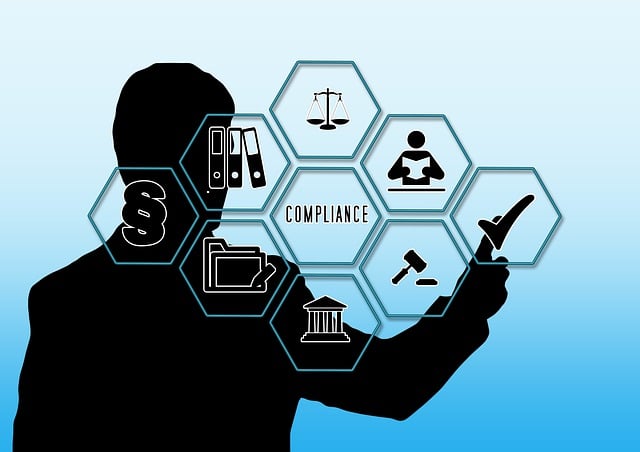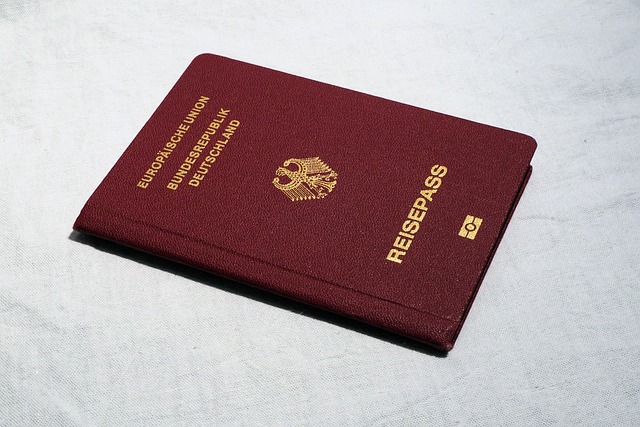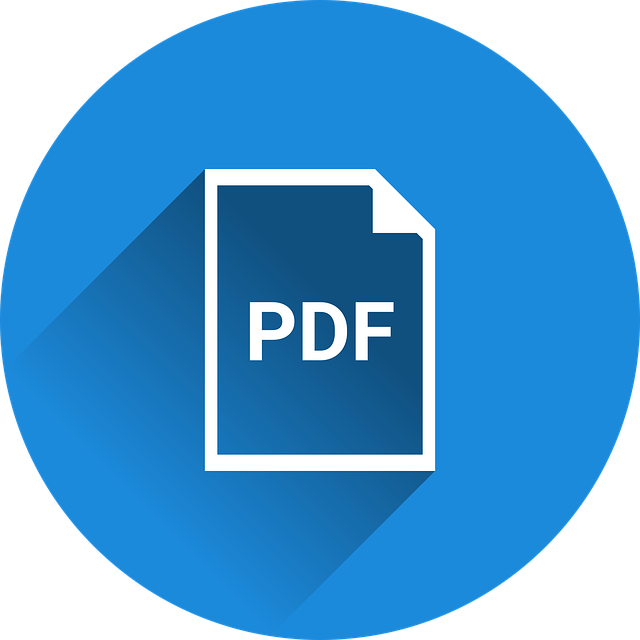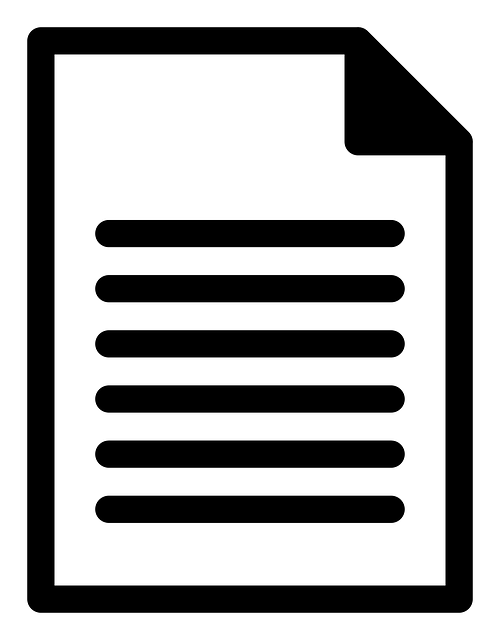In the evolving UK legal landscape, Compliance and Regulatory Documents UK translation services are indispensable for businesses seeking to expand internationally or navigate complex local regulations. These services provide expert insights into data protection, financial regulations, health & safety standards, and more, ensuring precise translations that avoid penalties and reputational damage. Utilizing advanced tech like Machine Translation (MT) and Neural Machine Translation (NMT), along with rigorous quality assurance processes, these services guarantee accurate, compliant translations tailored to the UK market's unique terminologies and cultural nuances. Engaging these specialists is crucial for success in highly regulated sectors, as they minimize risks and enable seamless interactions with local authorities.
In the dynamic legal landscape of the UK, ensuring regulatory compliance with translated documents is paramount for businesses operating across borders. This article delves into the intricacies of navigating complex regulations through professional translation services, highlighting key considerations for accuracy and precision. We explore best practices, the role of technology, and successful case studies, offering a comprehensive guide to achieving and maintaining compliance with UK regulatory documents. Discover how expert translation strategies ensure your legal paperwork meets stringent standards, fostering seamless cross-border operations.
- Understanding Regulatory Compliance in the UK Legal Landscape
- The Role of Accurate and Professional Translations
- Key Considerations when Translating Legal Documents
- Ensuring Accuracy: Best Practices for UK Legal Translation Services
- Navigating Complex Regulations with Specialized Translators
- Case Studies: Successful Translation Projects for Regulatory Compliance
- Technology and Tools in Modern Legal Document Translation
- Strategies for Continuous Compliance Post-Translation
Understanding Regulatory Compliance in the UK Legal Landscape

In the dynamic legal landscape of the United Kingdom, regulatory compliance is a cornerstone for businesses operating within its borders. Navigating this intricate web involves understanding and adhering to a vast array of laws, rules, and guidelines that are continually evolving. Compliance with UK regulatory documents is not just about staying afloat; it’s a matter of ensuring fair business practices, protecting consumers, and maintaining the integrity of the legal system. This, in turn, demands accurate interpretation and application of legal language, making UK translation services indispensable for international companies looking to establish a robust presence.
Regulatory compliance goes beyond mere translation. It requires a deep understanding of cultural nuances and legal terminology specific to the UK context. Professional translation services that specialize in legal documents can bridge this gap by providing expert insights into regulatory frameworks such as data protection laws, financial regulations, and health and safety standards. By ensuring that translated documents are not just word-for-word but also conceptually accurate, these services play a pivotal role in preventing legal missteps, costly penalties, and potential reputational damage.
The Role of Accurate and Professional Translations

Accurate and professional translations play a pivotal role in ensuring regulatory compliance with UK legal documents. When dealing with cross-border business or international expansions, it’s essential to have localised and precise legal translations that maintain the integrity of the original content. This is crucial for avoiding misinterpretations, errors, or even legal pitfalls that could arise from flawed translations.
Reputable UK translation services understand the intricacies of regulatory compliance, ensuring that every word is translated accurately and appropriately. They employ linguistically skilled professionals who are well-versed in both the source and target languages, as well as the relevant legal terminology. This expertise guarantees that technical terms and legal concepts are conveyed precisely, minimising risks associated with incorrect translations and maximising the document’s effectiveness for its intended purpose.
Key Considerations when Translating Legal Documents

When translating legal documents for the UK market, it’s crucial to go beyond language proficiency. While accuracy in translation is paramount, understanding the nuances and technical terms within the jurisdiction is equally important. Legal translations demand a deep grasp of both the source and target languages to convey precise meaning, especially in highly regulated sectors.
Key considerations include adhering to the specific terminology used in UK legal frameworks and ensuring the translated documents remain compliant with local regulations. Engaging professional translation services specializing in regulatory and compliance documentation is essential. These experts not only translate but also localize content, accounting for cultural differences and legal terminologies unique to the UK. Their expertise ensures that every document accurately reflects British legal standards, minimizing risks associated with non-compliance.
Ensuring Accuracy: Best Practices for UK Legal Translation Services

When it comes to ensuring compliance with regulatory documents in the UK, accuracy is paramount. Translation services play a critical role in this process, as they directly impact the integrity and legality of the translated documents. Best practices for UK legal translation services focus on minimizing errors and maintaining precise translations that meet legal standards.
These practices include rigorous quality assurance processes, employing qualified translators with expertise in legal terminology, and utilizing advanced technology like machine translation tools and term bases to enhance consistency. Regular reviews and proofreading by subject matter experts are also essential to catch any subtle nuances or potential misinterpretations. By adhering to these best practices, UK legal translation services can ensure that translated regulatory documents remain compliant and reliable, fulfilling their critical role in facilitating international business operations within the UK’s legal framework.
Navigating Complex Regulations with Specialized Translators

Navigating complex regulations with specialized translators is paramount for ensuring regulatory compliance with translated UK legal documents. Legal frameworks are intricate, often containing nuanced terminology and stringent requirements that demand a deep understanding of both the source and target languages. General translators may struggle to capture the exact meaning and intent behind these provisions, potentially leading to misrepresentations or misinterpretations that could compromise compliance.
Specialized translators, however, possess expertise in legal translation services tailored for the UK market. They are intimately familiar with the regulatory landscape, ensuring accurate and consistent translations that align perfectly with local laws and standards. Engaging their services minimizes risks associated with non-compliance, as these professionals can help unearth potential pitfalls and ensure every document—from contracts to policy statements—meets the highest legal standards.
Case Studies: Successful Translation Projects for Regulatory Compliance

In the realm of ensuring regulatory compliance, case studies offer valuable insights into successful translation projects involving UK legal documents. One notable example involves a multinational corporation expanding its operations to the UK. With a diverse range of legal requirements across different sectors, they turned to professional UK translation services for precise and culturally sensitive interpretations. The project involved translating various contracts, regulatory guidelines, and safety protocols from their native language into clear, understandable English. The key to success lay in the translator’s expertise, who not only held legal qualifications but also understood the nuances of British business practices.
Another compelling case involves a legal firm assisting foreign companies navigating the UK market. By providing compliance and regulatory documents UK translation services, they facilitated smooth interactions between international businesses and local regulators. This included translating complex financial reports, environmental impact assessments, and compliance policies to meet the strict standards set by UK authorities. Through meticulous attention to detail and adherence to industry-specific terminology, these translations ensured that foreign entities could comply with UK regulations effectively.
Technology and Tools in Modern Legal Document Translation

In today’s globalised business landscape, technology plays a pivotal role in ensuring regulatory compliance with translated UK legal documents. Advanced tools like machine translation (MT) and neural machine translation (NMT) have transformed the way legal content is handled. These technologies offer speed and cost-effectiveness, allowing for rapid translations that maintain accuracy and context. AI-driven platforms also incorporate memory functions, glossaries, and terminology databases to ensure consistency across documents and projects.
Furthermore, these innovative tools often include features tailored for compliance and regulatory documents. They can automatically detect and flag sensitive information, ensuring data privacy and security during translation. Advanced editing and proofreading software, integrated with MT systems, enhance quality control by identifying nuances and idiomatic expressions that require human expertise. This blend of technology and human insight is crucial for delivering precise and compliant UK legal translations, meeting the stringent demands of regulatory bodies and businesses alike.
Strategies for Continuous Compliance Post-Translation

Maintaining compliance with regulatory documents post-translation requires a strategic approach to ensure accuracy and consistency. One key strategy is implementing a robust quality assurance process, which includes thorough review and editing by native speakers familiar with UK legal terminology. Regular training sessions for translators can help them stay updated on any changes in legislation or industry standards, fostering continuous learning and improvement.
Additionally, utilizing specialized translation memory tools can significantly enhance compliance efforts. These tools allow for the consistent management of terms and phrases, ensuring that regulated documents maintain a uniform tone and adhere to specific terminology guidelines. Regular updates to translation memories and glossaries, coupled with rigorous post-translation checks, are essential practices for any UK legal document translation service aiming to deliver compliant outcomes.
When dealing with regulatory compliance for translated UK legal documents, a multifaceted approach is key. From understanding the intricate nuances of the UK legal landscape to engaging specialized translators who can navigate complex regulations, every step ensures accuracy and integrity. By adhering to best practices, leveraging technology, and implementing strategies for continuous monitoring, organizations can confidently manage their compliance obligations. Choosing reputable translation services that specialize in regulatory documents is essential to maintaining precision and staying ahead of evolving legal requirements in the UK.
